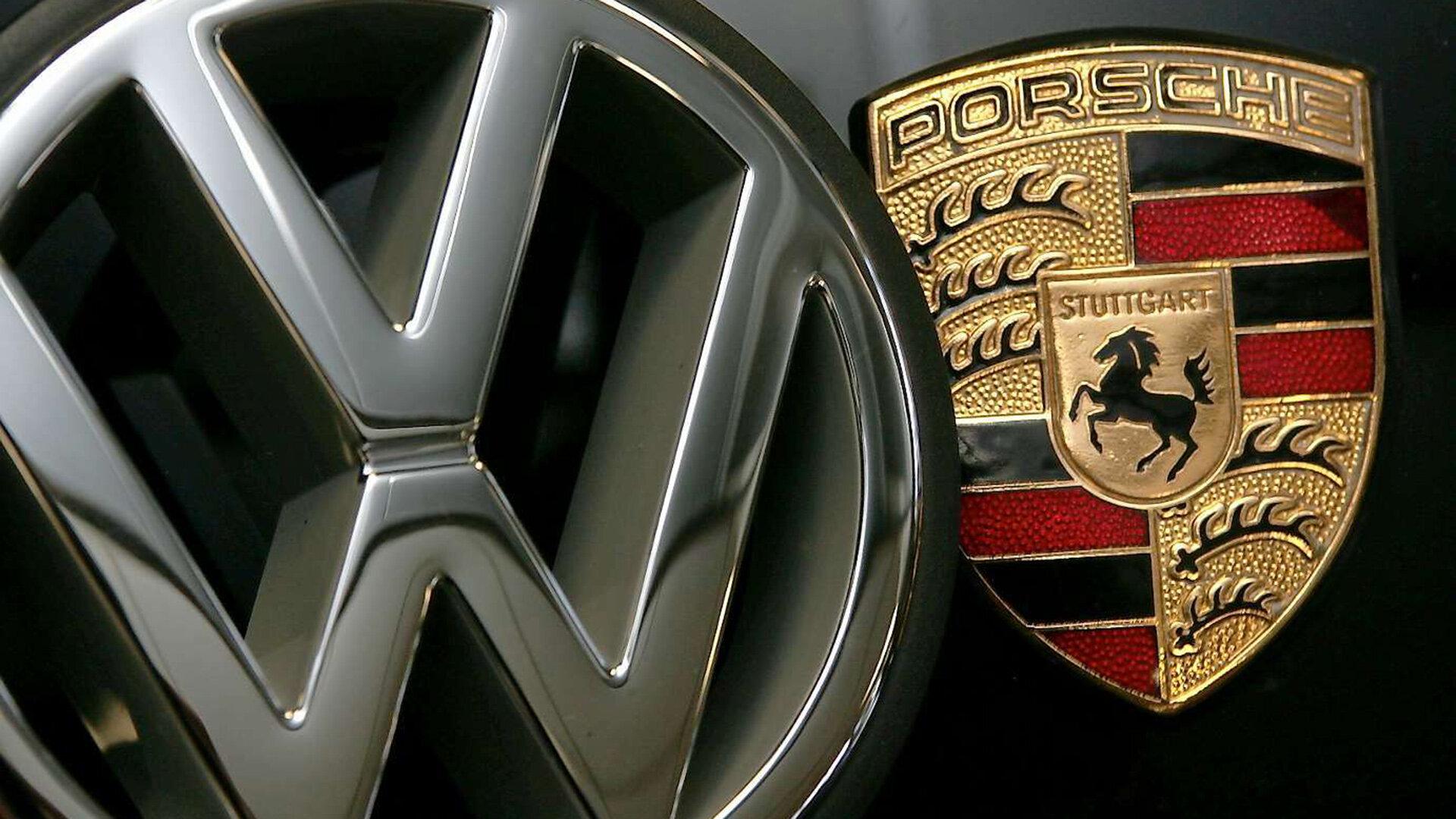
Vans Wars - a harbinger of radical changes in the automotive industry?
In September, Ford Deputy CEO Kumar Galhotra mocked the Cybertruck, claiming that the "real" work truck would be the newly announced electric Ford F-150 and that the old American brand had no intention of competing with Tesla for "lifestyle customers." . This meant that Musk's car was not a serious car for hard-working people.
Ford F series trucks was the best selling pickup truck in the United States for over forty years. Ford sold nearly 2019 vehicles in 900 alone. PCS. An electric variant of the F-150 is expected to arrive in mid-2022. According to Galhotra, the car's maintenance cost for Ford's electric piakup will be halved compared to its petrol counterparts.
Tesla plans to deliver the first Cybertrucks at the end of 2021. As for who has a stronger and more efficient truck, it is not yet very clear. In November 2019, the Tesla Cybertruck “beat” a Ford pickup truck in a heavily advertised and shared online tug of war (1). Ford representatives questioned the fairness of this presentation. However, in a duel, this should not have been a scam, as it is well known that electric motors are capable of generating more torque at a higher speed than internal combustion engines. When the Ford electric pickup comes out, then it really remains to be seen who is better.
1. Tesla Cybertruck duel with Ford F-150
Where two fight, there is Nicola
Tesla is boldly venturing into areas previously reserved for older car brands. Quite unexpectedly, a rival grew up in her backyard, besides, she rather brazenly called herself Nikola (in honor of the Serbian inventor, the patron of the Muska company). Although the company generates virtually no revenue and has not yet sold anything, it was valued at $23 billion on the stock exchange in the spring.
Nikola Motor was established in Phoenix in 2014. It has announced several vehicle models so far, including the Nikola Badger (2) electric-hydrogen pickup, unveiled on June 29, 2020, which it also wants to contend with in the lucrative US van market but has not yet sold a single vehicle. In the second quarter of 2020, he produced 58 thousand. dollars in revenue from solar panels, a business Nicola wants to quit, which sounds interesting given the fact that Elon Mask it invests in solar energy as part of SolarCity.
Nicola CEO, Trevor Milton (3), makes bold statements and promises (which many associate with the bright figure of Elon Musk). Like what Badger pickup it will compete directly with the best-selling American truck since 1981, the Ford F-150. And here not only the old manufacturer should be careful, but also Tesla, because this brand should undermine Ford's dominance.
Nikola, which entered the stock exchange in a very specific way, by merging with another company, has not so much on sale, but in plans a few more cars, tractors i military equipment. The company has reportedly already invested heavily in research and development and is starting to invest in manufacturing facilities in Germany and Arizona in the US. So this is not a scam, but an empty shell, at least to some extent it could be called.
The problem is not technology, but mentality
Enzymes that are introduced and hydrogen shipsno matter how artificial and purely marketing fuss it is, it has a strong impact on the automotive market. Under this pressure, for example, the old American General Motors announced plans to launch by at least 2023. twenty all-electric models in all categories. On the other hand, an incentive for investment. Amazon, for example, is working to add XNUMX Rivian all-electric vans to its van fleet.
electric wave flows to other countries. Spain, France and Germany recently announced new sales promotion plans. electric vehiclesincrease incentives to buy them. In Spain, the energy giant Iberdrola has accelerated its network expansion plans, also focusing on gas stations with fast charging points, and intends to install 150. points in homes, businesses and cities over the next five years. China, like China, now produces models starting at $ XNUMX, which can be purchased through Alibaba.
However, older car makers are facing a lot of resistance when they claim to be open to zero-emissions electric innovations. It starts with engineers who tend to be disrespectful electric drives as an alternative to internal combustion engines. Even worse in the distribution layer. Auto dealers are commonly believed to hate electricians, despise them, and can't sell. You have to convince and educate these customers about their cars, and that's hard to do if you're not convinced of them yourself.
It is worth remembering that it is updated as an application and is considered as a different type of product than a traditional car. Warranty, service and insurance models look different here, they think differently about security. It's really hard to understand for the old victories of the auto industry. They're too stuck in the gasoline world.
Some point out that Tesla is not really a car company, but modern battery charging and maintenance solutions. A car is simply a beautiful, functional, and comfortable enclosure for Tesla's most important product, the power cell. It turns the whole automotive mindset on its head, because it's hard for the traditional-minded to accept that the most important thing in all this is the "fuel tank", and after all, traditional car enthusiasts think about electric batteries.
This mental breakthrough is the most difficult thing for the old auto industry, and not any technological challenges. Described above semi trailer wars they represent a very characteristic and symptomatic field of this battle. If in this segment, with such traditions and conservative manners, the electrician starts to win in a few years, then nothing will stop the revolution.

